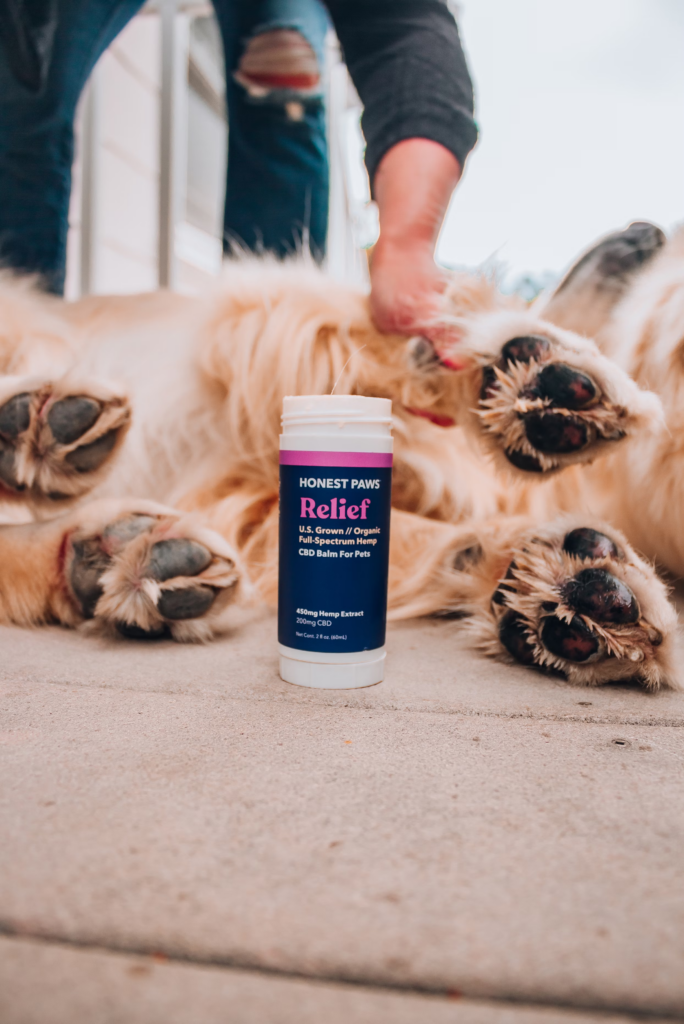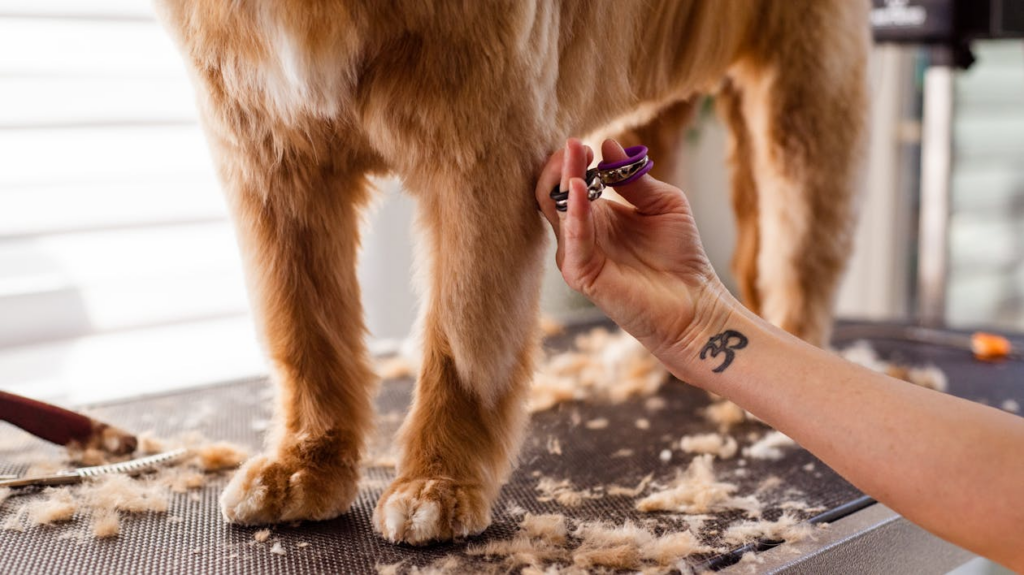
As the temperatures drop, ensuring the comfort and safety of your assistance animal becomes a top priority. These dedicated companions rely on us for care, and preparing them for winter involves more than just keeping them warm. It’s about safeguarding their health, comfort, and well-being in cold weather conditions. Here are some essential tips to help you and your assistance animal navigate the winter months together.
1. Invest in Proper Winter Gear

Just as humans bundle up for winter, assistance animals can benefit from protective clothing. Depending on the breed and size of your animal, a winter coat or sweater may be necessary. Look for insulated, water-resistant options that allow free movement while keeping your companion warm. Booties are another essential accessory. They protect sensitive paw pads from snow, ice, and de-icing chemicals, which can cause irritation or injuries.
2. Watch for Cold-Weather Hazards
Winter introduces unique challenges for outdoor adventures. Ice and snow can be treacherous for animals, especially when navigating unfamiliar or uneven terrain. Pay attention to icy patches where your assistance animal could slip or injure themselves. Also, beware of salt and antifreeze on sidewalks or driveways, as these substances can be toxic if ingested or absorbed through the paws.
3. Maintain Paw Care

Cold weather can lead to dry, cracked paw pads, which can be painful for your animal. Regularly check and clean their paws after outings to remove ice, snow, or debris. Applying a pet-safe balm or moisturizer can help keep their paw pads supple and protected. If your assistance animal resists wearing booties, conditioning their paws for winter exposure is even more critical.
4. Monitor Outdoor Time
While daily exercise is vital for your assistance animal’s health, it’s important to limit their exposure to extreme cold. Prolonged periods outside can lead to frostbite or hypothermia. Monitor your animal for signs of discomfort, such as shivering, whining, or lifting their paws off the ground. On particularly cold days, consider shorter walks and opt for indoor activities to keep them mentally and physically stimulated.
5. Ensure Adequate Nutrition and Hydration

Assistance animals may require extra calories during winter to maintain their energy levels and body heat, especially if they are more active outdoors. Consult your veterinarian to determine if their diet needs adjustments. Additionally, ensure they have access to fresh, unfrozen water. Dehydration can occur just as easily in winter as in summer, so keep an eye on their water intake.
Read more: 5 Nutrition Tips for Service Dogs
6. Create a Warm and Comfortable Environment
At home, provide a cozy, draft-free space for your assistance animal to rest. A padded bed or blanket in a warm spot can make a big difference in their comfort. Avoid placing their resting area near doors, windows, or heating sources that could expose them to sudden temperature changes.
7. Keep Up with Grooming

Proper grooming helps maintain your assistance animal’s coat, which is their natural defense against the cold. Regular brushing prevents matting, which can reduce insulation. However, avoid shaving their fur short during winter unless medically necessary.
Read more: The Best Grooming Practices to Prepare Your Therapy Pet for Their Next Visit
8. Stay Prepared for Emergencies
Winter weather can be unpredictable, so it’s crucial to be prepared for emergencies. Pack a travel kit for your assistance animal, including extra food, water, blankets, and medications. This will ensure their needs are met during unforeseen circumstances like power outages or travel delays.
Final Thoughts
By taking these proactive steps, you can ensure your assistance animal stays healthy and happy throughout the winter months. Their unwavering support deserves the same level of care and attention, no matter the season.
Do you own an assistance animal? Register your pet today.
The Service Animal Registry of California invites you to have your assistance animal registered in order to designate its status. We also encourage you to take our online classes so you can be fully aware of your rights and gain more knowledge about your support animal.
Finally, we present to you our book entitled, “ASSISTANCE ANIMAL LAWS: LEARN YOUR RIGHTS REGARDING SERVICE ANIMALS, EMOTIONAL SUPPORT ANIMALS, THERAPY PETS, AND OTHER DOGS, CATS, AND ASSISTANCE ANIMALS” to provide you with a complete education on assistance animals.
Purchase your copy of the book by clicking the image below.

